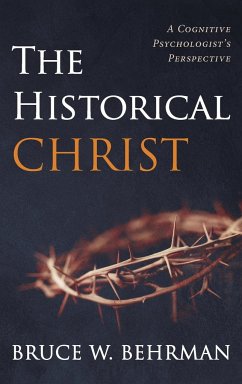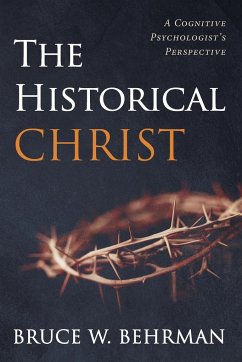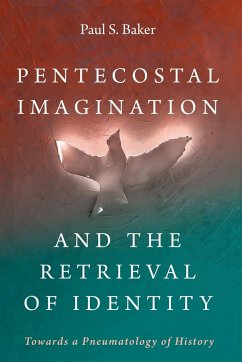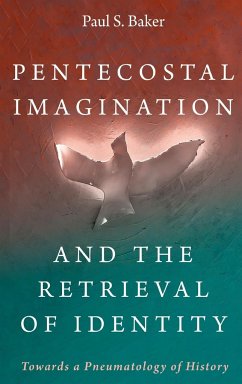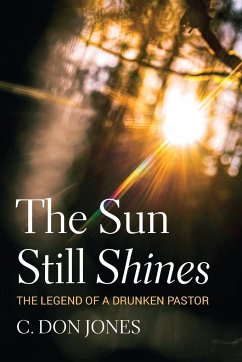This book uses the recent findings of cognitive and clinical psychology to draw a picture of the historical Jesus. The author uses recent research on conversational memory and clinical psychology in order to shine a light on the way Jesus was. This book argues that Jesus suffered from manic-depressive illness. He identified with God. He suffered from extreme mood changes and felt great compassion towards people. All of these are mental states which may be triggered by manic depression. Manic depression is not a dementing illness. This author is not saying that Jesus suffered from a backward type of psychosis. But manic depression, when manifested in talented persons, acts as a catalyst to trigger artistic creativity. Many great artists and poets have suffered from manic depression: Byron, Schumann, Tennyson, van Gogh, Fitzgerald, and Lowell, to name a few. It is among great poets and artists such as these that the author places the historical Jesus. This book therefore argues that the writers of the Gospels, when they record Jesus as asserting his divinity, were conveying an accurate picture of him. His assertions of divinity were not fabrications of the early church.
Hinweis: Dieser Artikel kann nur an eine deutsche Lieferadresse ausgeliefert werden.
Hinweis: Dieser Artikel kann nur an eine deutsche Lieferadresse ausgeliefert werden.

